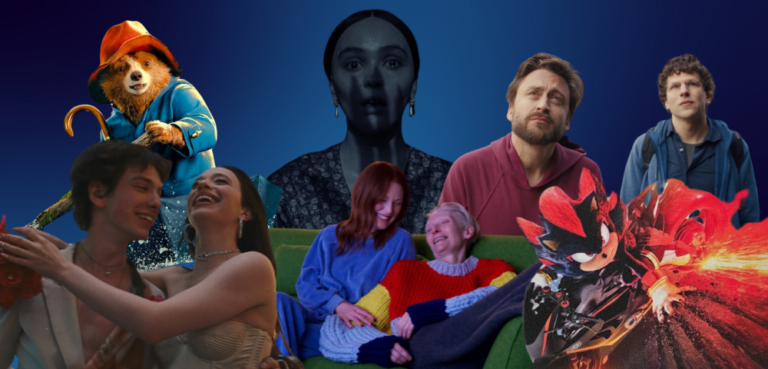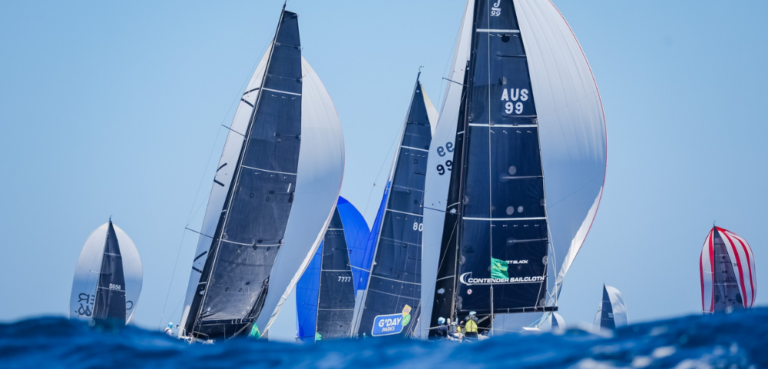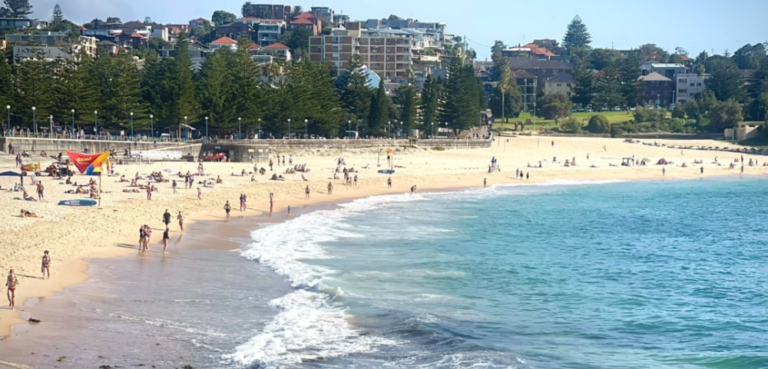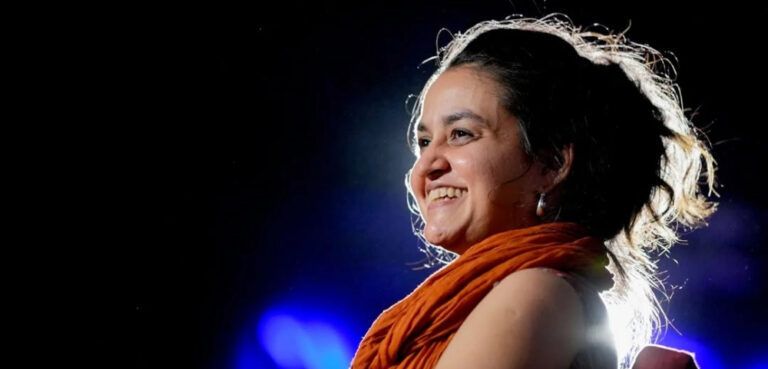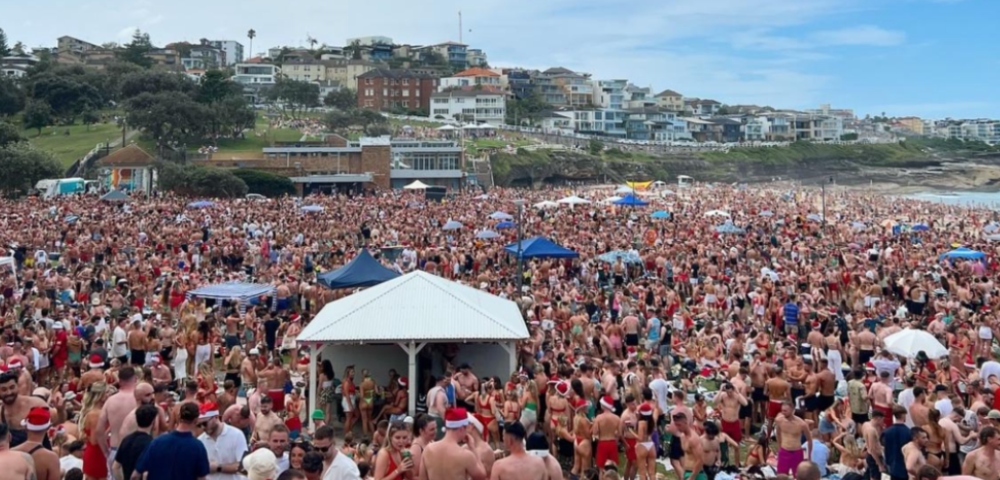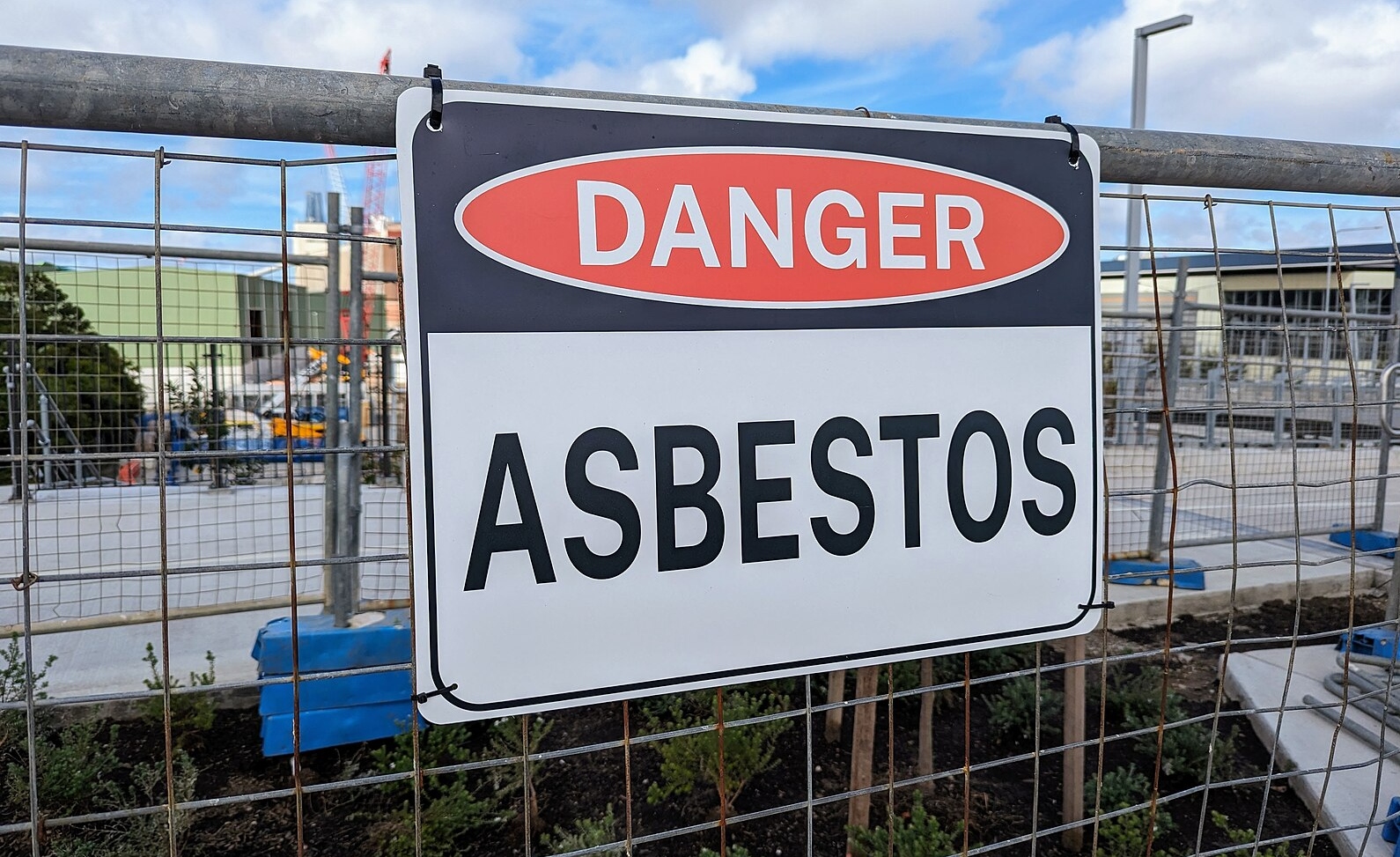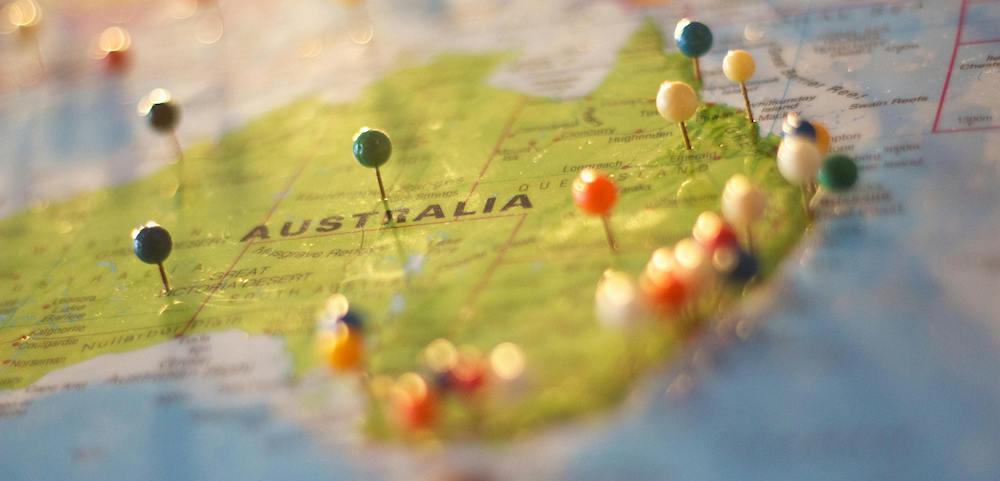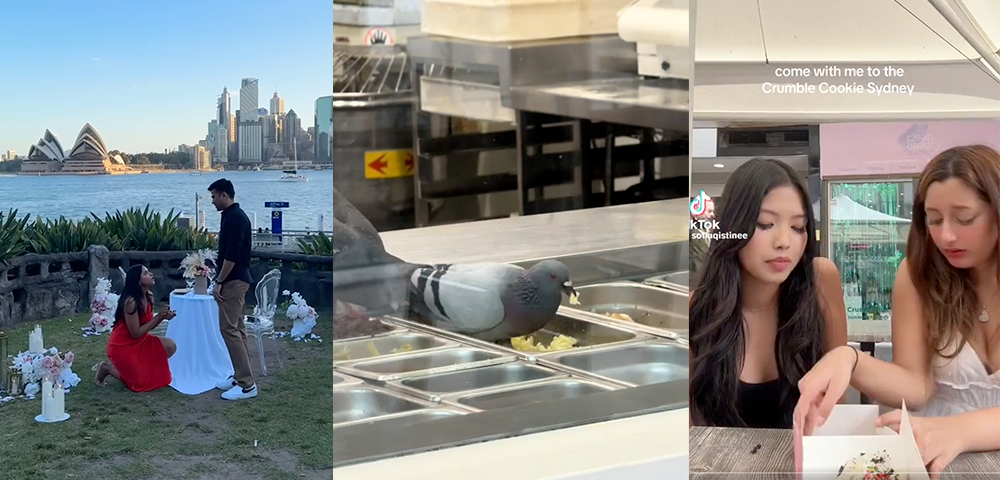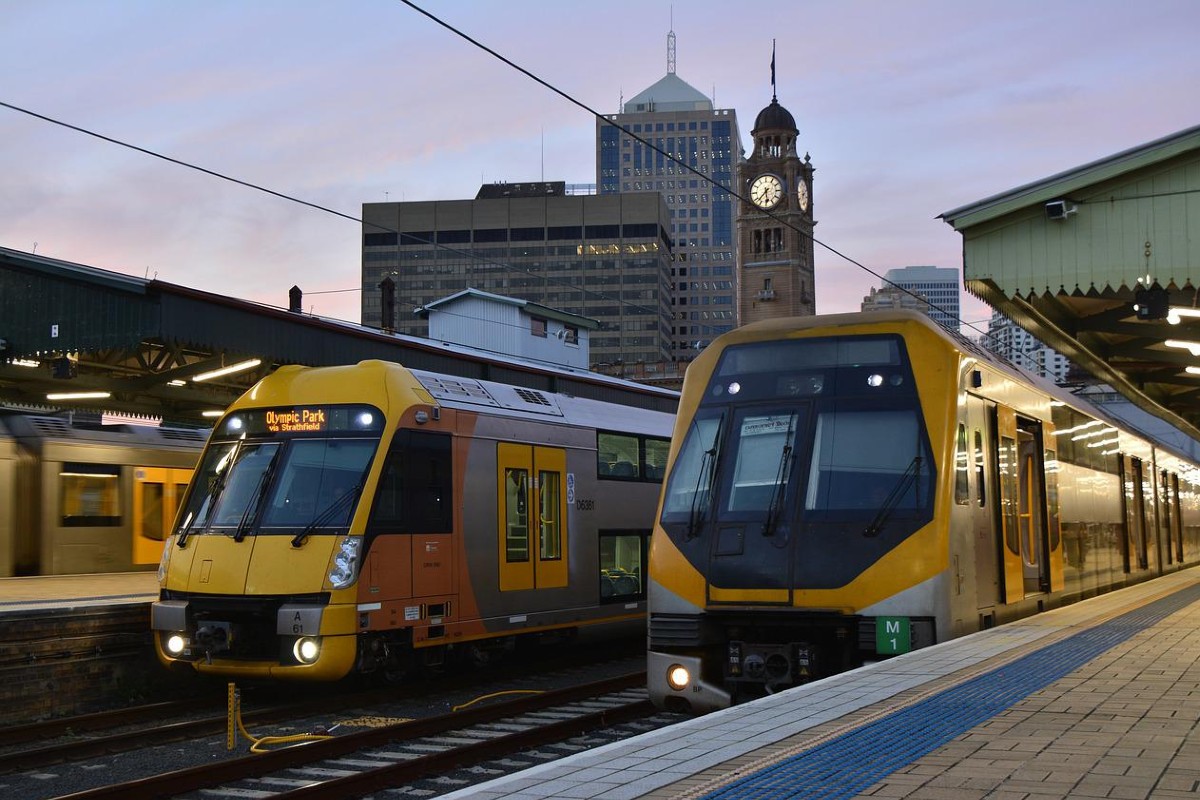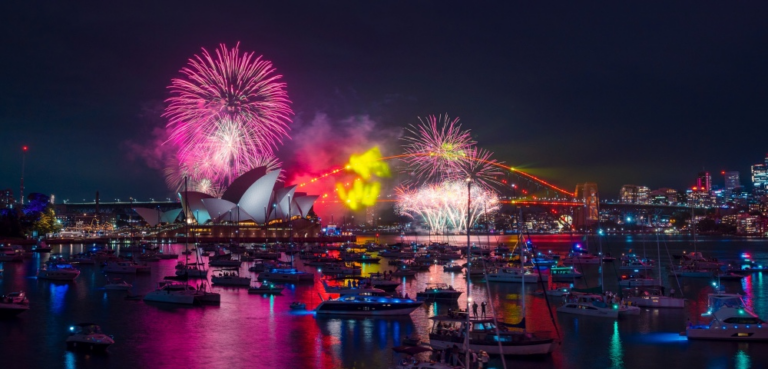
Eight years of forgetting Afghanistan
More than a hundred people gathered outside a windswept Town Hall on Thursday, October 8, to mark the eighth anniversary of the invasion of Afghanistan.
A few homeless threw empty cans. Two mentally handicapped clapped like seals. Sixteen bemused NSW Police officers identified the usual suspects.
It was clear the moratoriums of the Vietnam War and idealism of the Cultural Revolution hadn’t transposed onto this generation. Today’s anti-war movement is dominated by extreme leftist politics and is the stuff of social misfits and quirky urbanites. Australians accept war as a necessary evil to maintain their way of life.
Powerlessness, ambivalence and a politically aloof mass won the day.
But among the gathering was William Wallace (his real name), 77, who brought his shopping trolley- walking cart, covered in anti-war slogans, from Wollongong. “To divide and rule is no solution,” he said. “The USA and NATO should negotiate with tribal leaders for political power.”
And as the sun went down over George St and neon signs and placards advertised happy hours and buffets, at least someone gave a damn.
The rally, in principle, had the support of the unions, but it was left to secretaries to represent their absent members. Paul McAleer, of the Maritime Union Australia (MUA), said: “Our silence must be treated as complicity. Those eating in their homes tonight, sleeping in comfort, must realise their role in this war. It’s a tragedy that 100 or 200 have come out tonight.”
Jim Casey, of the Fire Brigades Union (FBU), said his presence represented solidarity with fire fighters worldwide who “pick up the pieces of the dead” and claimed the small protest spoke for the majority of Australians.
Perhaps if pushed, most people would disagree with war but no public debate seems apparent about the 1550 Australian troops in Afghanistan. Both major political parties support the ongoing contribution of the military, and mainstream media ignores any real debate. Former Prime Minister John Howard is lobbying for an increased Australian military presence.
So far, 1381 troops have died from Operation Enduring Freedom, 11 of them Australian.
The political lobby against involvement was left to retiring Greens MLC Sylvia Hale, who said the average life expectancy in Iraq is 44 years. “For the people of Afghanistan it’s an absolute disaster. They’re the real victims,” she said.
Civilian deaths continue to mount in the forgotten war: estimates are at 30,000; 1000 civilians were killed in the first half of this year. An air strike in May killed 147 – 92 of them were children.
A million people were killed in the Iraq War according to the Opinion Research Business (ORB) Poll. A quarter of households have lost a member, and half of all children are orphans, according to the Iraqi Government.
An Afghan refugee, Wiz Rakil, said he cannot go back to his home country. The biggest change in Kabul, he said, was the increase of alcohol and prostitution.
Jake Lynch, associate professor in Peace Studies at the University of Sydney, said the military-industrial complex was very much alive: the stock markets recovered in March, led by weapons manufacturers, when Barak Obama announced that it was “business as usual” in Iraq and Afghanistan. The commander-in-chief and Nobel Peace Prize Winner oversees 135,000 American troops in Iraq and 70,000 in Afghanistan.
“Democracy is the impediment to peace,” Lynch said. “It’s time someone else had a go.”
Will Saunders, who spent almost a year of weekends in jail for painting the Opera House red at the beginning of the ‘War on Terror’ was at the protest. He and about 100 civilians perpetuated those two words: no war.
– BY MATT KHOURY
